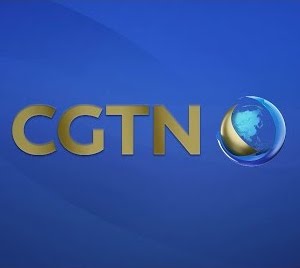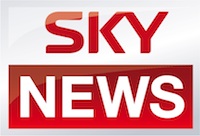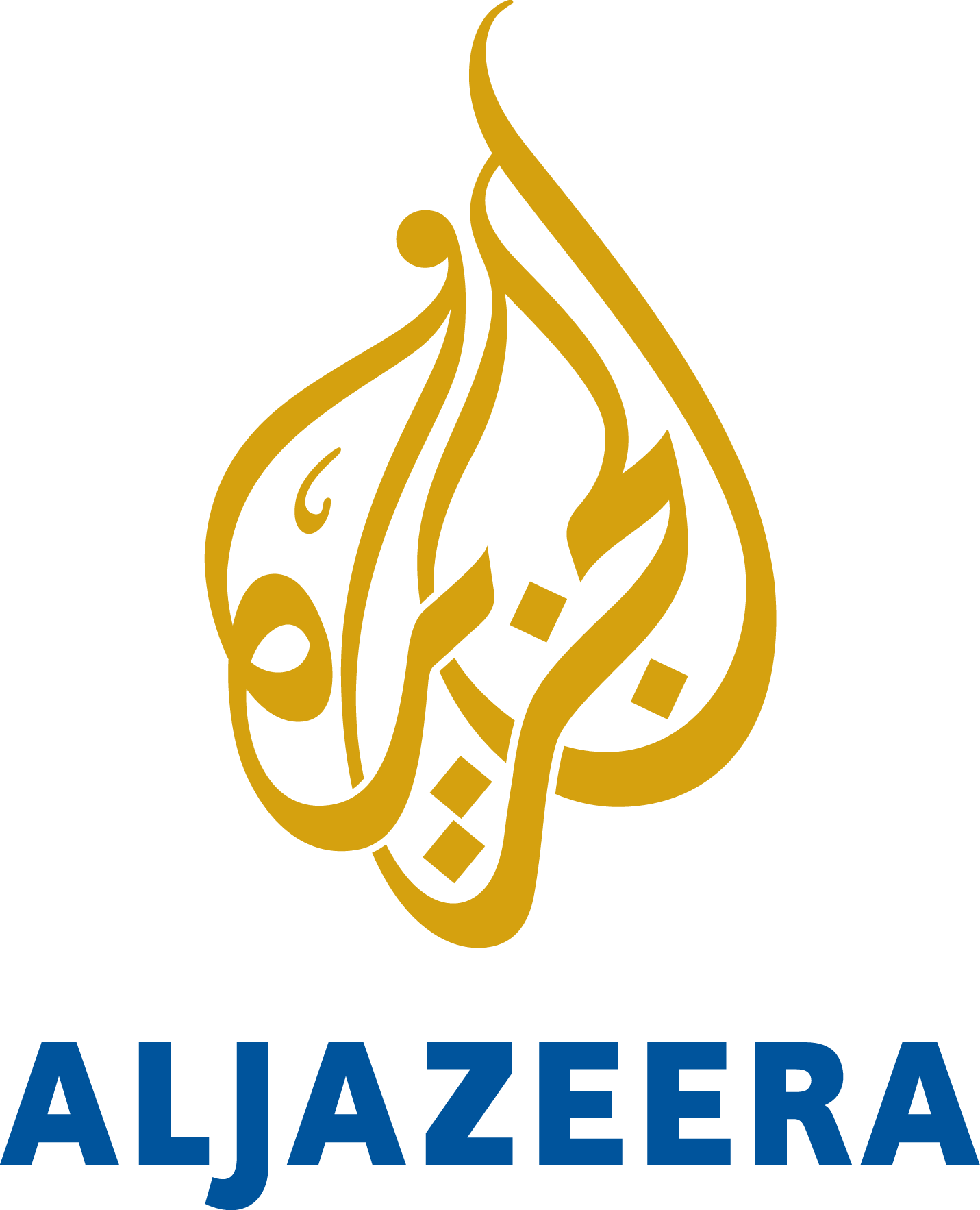Metn Romney and Non Quincy Adams
- The discussion about the Fair Tax (a 23% national sales tax that would eliminate income taxes, payroll taxes, estate taxes, and capital gains taxes) was instructive. Note that none of the "frontrunners" has the courage to embrace this concept, while Ron Paul, Tom Tancredo, and Mike Huckabee all support it enthusiastically. Tancredo got a little haughty in responding to Rudy Giuliani and Mitt Romney's contentions that the Fair Tax is too complicated or is too risky. His point about using the Fair Tax to curtail the power of the Federal Government was beautifully stated.
- Romney may come across as too rehearsed, but his quip, "I get tired of people that are holier than thou because they've been pro-life longer than I have," was a winner. However, following that up by insulting the integrity of YouTube was poor.
- I don't often enjoy listening to Rudy Giuliani, but he used a question about crumbling infrastructure to give a good overview of the Laffer Curve.
The most intriguing part, however, was a clever question pertaining to George W. Bush's commitment in his 2nd inaugural address to spread democracy with the goal of "ending tyranny in our world." (continued...)
Of course, Ron Paul made excellent points on his trademark issues and specifically attacked the neocons:
"Our responsibility is to spread democracy here, make sure that we have it. This is a philosophic and foreign policy problem, because what the president was saying was just a continuation of Woodrow Wilson's 'making the world safe for democracy.'
There's nothing wrong with spreading our values around the world, but it is wrong to spread it by force. We should spread it by setting an example and going and doing a good job here. Threatening Pakistan and threatening Iran makes no sense whatsoever. We went in -- and I supported going after the Al Qaida into Afghanistan -- but, lo and behold, the neocons took over. They forgot about Osama bin Laden. And what they did, they went into nation-building, not only in Afghanistan, they went unjustifiably over into Iraq. And that's why we're in this mess today."
Mike Huckabee also came out very strongly in tune with a non-interventionist position:
"I don't think it's the job of the United States to export our form of government. It's the job of the United States to protect our citizens, to secure our own borders, which we have failed to do for over 20 years. It's the job of our government to make us free and us safe, and to create an enviable kind of government and system that everybody else will want, much in the same way I think we ended up seeing the fall of the Soviet Union.
...I don't think we can force people to accept our way of life, our way of government. What we can to is to create the strongest America: change our tax system, make it so that people are healthier, create the enviable education system on this planet, make sure that jobs come back to this country rather than disappear from this country.
And if we do that kind of approach, we'll have the sort of freedom internally, secure borders, a safer nation. That makes a whole lot more sense to me than spending billions and billions and billion of dollars to try to prop up some government we don't even like when we get it. And people in this country are losing their jobs, losing their health insurance, and their kids are sitting with their heads on their desks, sound asleep in school."
Giuliani and McCain countered by criticizing the "rush to elections" and said that the "rule of law" has to come first. How is the rule of law a predicate for successful democracy? Autocracies often have low crime and very little civil unrest. That doesn't mean that they can adapt well to democracy. The prerequisites for democracy would more likely include a functioning civil society, with a free press and an accountable judiciary.
Romney's answer to this question takes the cake though:
"I think when there's a country like Lebanon, for instance, that becomes a democracy, that instead of standing by and seeing how they do, we should have been working with the government there to assure that they have the rule of law, that they have agricultural and economic policies that work for them, that they have schools that are not Wahhabi schools, that we try and make sure they have good health care."
Imagine a Romney/Brownback ticket - on Monday, Wednesday, and Friday we could make sure citizens of foreign nations have good health care; while on Tuesday, Thursday, and Saturday we could strengthen ties with their labor unions.
But Romney's remarks reveal another important characteristic of his candidacy - namely that he buys into the neocons' definition of democracy: "whatever happens to be in our interests for the next 15 minutes or so". Indeed, as I will continue to point out, the neocons have made democracy the cheapest word in the English language. For example, Romney takes a page from Liz Cheney's playbook and writes off the first six decades of Lebanon's history as a democratic Republic (too bad Liz is advising Fred Thompson).
The truth is, Lebanese citizens have voted in elections just like the ones of 2005 many, many times before President Bush's 2nd inaugural address (which, believe it or not, did not mark the beginning of recorded history - apparently Rudy Giuliani's election as Mayor of New York City did). The difference is, the elections of 2 years ago were the first in a long time that were conducted without explicit manipulation by operatives of the Syrian Arab Republic and with the presence of that country's military occupying its smaller neighbor.
So does Romney mean to suggest that elections conducted while a country undergoes military occupation don't count? I leave it to you to complete that proof.
Also, would Romney's sense of "working with the government there to assure that they have the rule of law, that they have agricultural and economic policies that work for them" include using American influence to ensure that the country's only international airport is not bombed, along with many of its bridges?
Anyway, Romney's mention of Lebanese democracy makes a nice transition to a discussion of the mini-election held simultaneously with the Iowa debate, in which residents of the Metn and Beirut chose replacements for 2 assassinated parliament ministers: Pierre Gemayel and Walid Eido. The latter was basically uncontested, the former a fierce electoral battle: a showdown between the opposition or "March 8" movement led by former General Michel Aoun with Hezbollah, and the"March 14" government run by Saudi Prince Band..., I mean, led by Fouad Siniora and other allies of the slain former Prime Minister Rafik Hariri, including his son and political wunderkind, Saad Hariri.
Running to fill the seat of Gemayel (whose murder seems to have been an inside job - hmmm, makes you wonder how the United States is supposed to protect "democracy" in Lebanon when a scion of the country's most prominent political family can't even find a bodyguard he can trust) was his father, former President of the Lebanese Republic Amin Gemayel, also known as "Mr. 2%" for his "business skills". He faced an ally of Aoun named Kamil Khoury. And by a razor-thin margin, Gemayel lost. He's no John Quincy Adams.
March 14 supporters alleged Hudson County style vote tampering, although Aoun supporters cast suspicion on that since they are the opposition party and not the government in power. Lebanon's Armenian minority played a major role in the outcome. The March 14 group has also tried to spin defeat as a victory, saying that the decline in Aoun's vote getting ability in the intervening 2 years shows that he is no longer a strong leader - for details see Josh Landis's "syriacomment" - the definitive blog on Syria and its politics.
From my perspective, the big losers here are Gemayel and his fans in Washington and elsewhere (those supporters of "democracy" who rolled out the neo-red carpet for Aoun in Washington when he was the staunchest opponent of Syrian military occupation - now he's no longer their "Maronite of the Month", but rather a terrorist collaborator because he stopped reading from their script). What a disgrace for Gemayel, despite his political stature and sympathy for his son's death, to lose to a no-name opponent.
How many more bad foreign political bets are the American people going to allow our government to make before we realize that Ron Paul and Mike Huckabee's points in the Iowa debate were correct?
addendum, 8/8:
My teammate from the libertarian/paleoconservative farm team, Byzantine historian Daniel Larison, picked up on this post and made a stirring analogy related to my remarks about what it means for the US government to "support Lebanon":
"After watching the appropriate outrage over the I-35 bridge collapse this past week, it occurs to me that Americans might be even slightly more agitated if a foreign government blew up the port of Long Beach, knocked out the runways at O'Hare, took out multiple bridges across the Mississippi, bombed some of our military installations and displaced 25% of our population in the name of self-defense and helping the American government with its internal security."
As a note to me, he added:
"I would have thought that Romney's remark about Lebanon having schools that are 'not Wahhabi schools' would have merited some comment from George. I'm not saying that Saudi/Wahhabi influence in Lebanon doesn't exist, but it is a rather strange thing to focus on in a country where Sunnis make up perhaps 25% of the population."
Actually, it's even more interesting than that. Romney may have made that remark to compensate for the fact that he was accused in the week prior to the debate of praising Hezbollah for its social service network particularly as it relates to health care. Romney seems to have a vision for an American technocrat army dressed in button-downs and khakis to promote democracy, with particular focus on health care.
But I think Daniel's remark about Wahhabi influence as it relates to Lebanese demographics is far more sophisticated than the level of discussion common in the debates (surprise, surprise - a paleocon intellectual trumps the neocons). This is especially true of Romney, who as Daniel has previously indicated, lumps together Sunni, Shia, al-Qaeda, Hezbollah, Hamas and the Muslim Brotherhood. So to me, his mentioning the word "Wahhabi" is just showing off vocabulary, like he previously did with "caliphate" and "worldwide jihadist effort". Expect to hear "salafi", "sufi", "mehdi", and more before the 9-ring GOP circus ends its glorious tour.
















